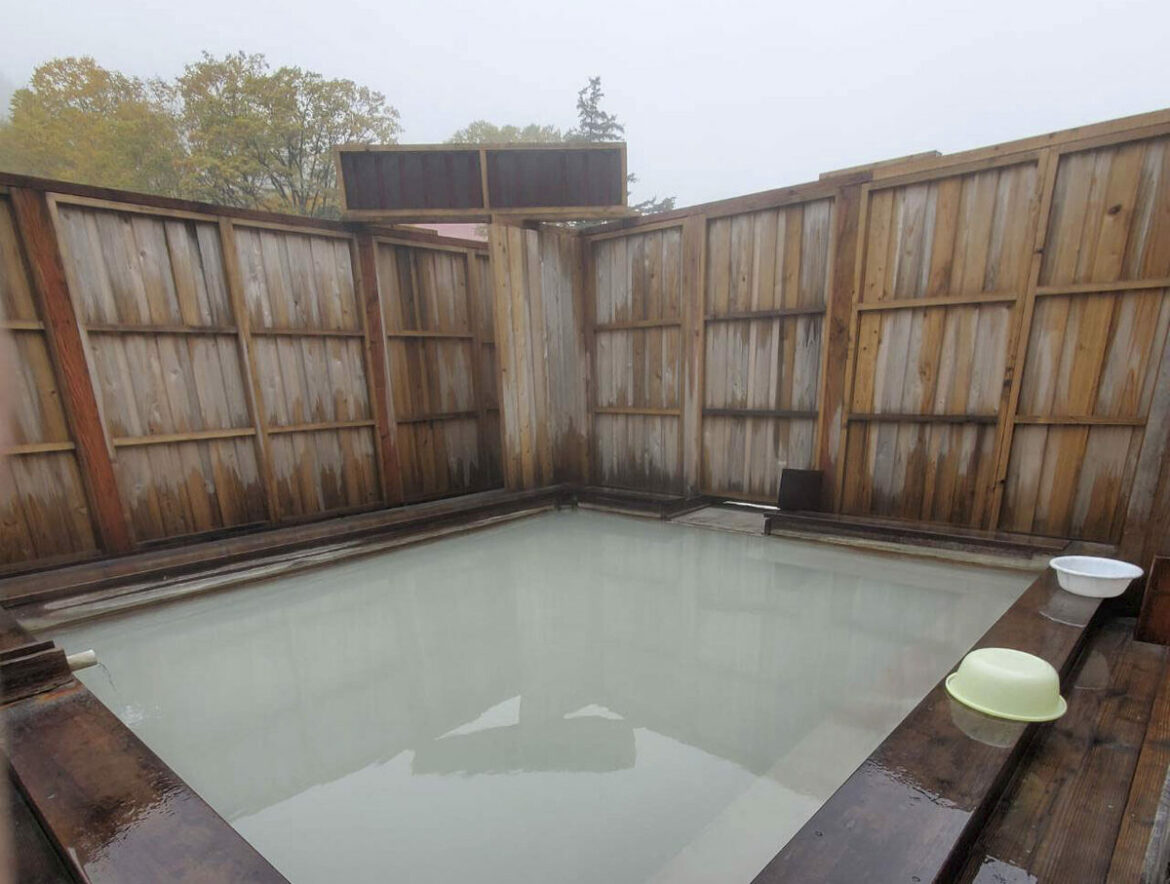TOKYO – Japan’s hot spring culture, currently under consideration by a government council for a UNESCO Intangible Cultural Heritage bid, has been defined by an association as a long-standing practice of bathing in natural thermal waters for mental and physical comfort.
The Japan Onsen Association in Tokyo said it compiled the definition to clarify how the tradition reflects the nation’s connection with nature and the belief that healing comes from contact with geothermal resources regarded as “gifts” from the environment.
A former commissioner of the Agency for Cultural Affairs joined the effort to craft the definition, aiming to reinterpret the broad notion of hot springs as a uniquely Japanese cultural practice and accelerate the country’s bid for the tradition’s early inscription on the UNESCO list.
To secure inscription, the government must submit an application to the U.N. Educational, Scientific and Cultural Organization outlining the item’s definition and cultural characteristics.
According to the definition, references to hot springs date back to the Kojiki, Japan’s oldest chronicle, and people have long sought physical relief through the healing effects of thermal waters and therapeutic bathing customs.
The definition adds that bathing allows people to feel the seasons, connect with nature and view hot springs as divine gifts offering spiritual comfort. It presents the practice as one that helps reaffirm identity rooted in Japanese cultural traditions.
Inn operators and traditional guardians known as “yumori” are described as actively supporting the use of hot springs, while central and local governments safeguard the practice through various laws and related ordinances, the definition states.
The government council is expected to select, possibly within the year, candidates for the UNESCO Intangible Cultural Heritage list, with inscription in 2028 aimed for as part of Japan’s planned nominations.


AloJapan.com